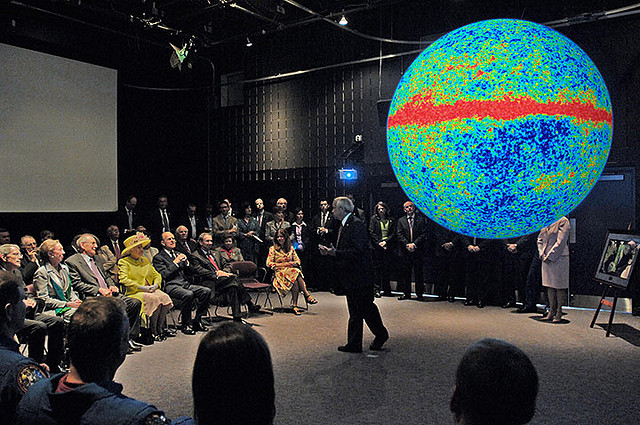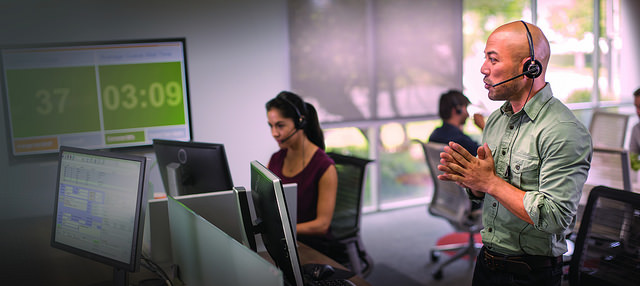Common pronunciation challenges for people who do not speak English as a first language: fact sheets
To help professionals, business owners and others who:
- speak English as a second (or later) language well or fluently; but
- have some English pronunciation issues,
we are compiling some fact sheets about common pronunciation challenges (and therapy targets) related to the differences between their first languages and English.
To help as many people as possible, we are prioritising our fact sheets by reference to Census data on languages (other than English), that are commonly spoken at home in Australia. To put this mini-project in perspective, in 2011, the most common languages spoken at home (other than English) were:
- 2% didn’t speak English at all;
- Mandarin (1.7%);
- Italian (1.5%);
- Arabic (1.4%);
- Cantonese (1.3%);
- Greek (1.3%);
- Vietnamese (1.2%);
- Spanish (0.6%);
- Hindi (0.5%);
- Tagalog (0.4%).
As we complete each fact sheet, we will enable the link to the language above. We hope you find these summaries useful when thinking about your priorities for improving your intelligibility or comprehensibility.
If you speak English well or fluently, but feel that your English pronunciation skills are holding you back, please get in touch with us.
Source: Australian Bureau of Statistics – 2011 Census Data.
Image: http://tinyurl.com/pomlqtj

Hi there, I’m David Kinnane.
Principal Speech Pathologist, Banter Speech & Language
Our talented team of certified practising speech pathologists provide unhurried, personalised and evidence-based speech pathology care to children and adults in the Inner West of Sydney and beyond, both in our clinic and via telehealth.








